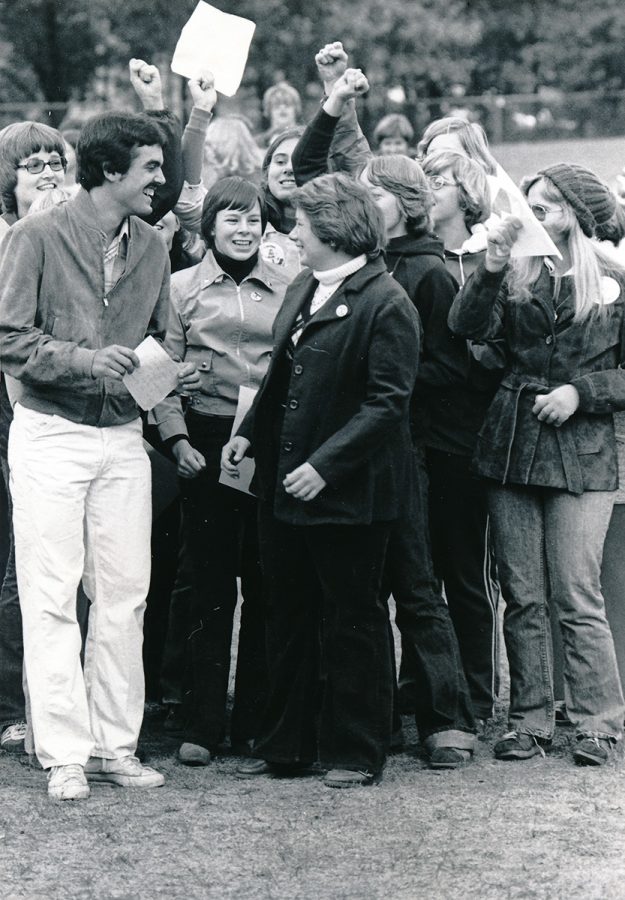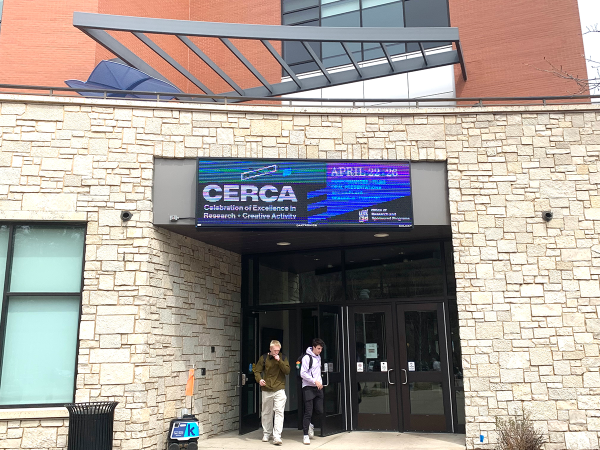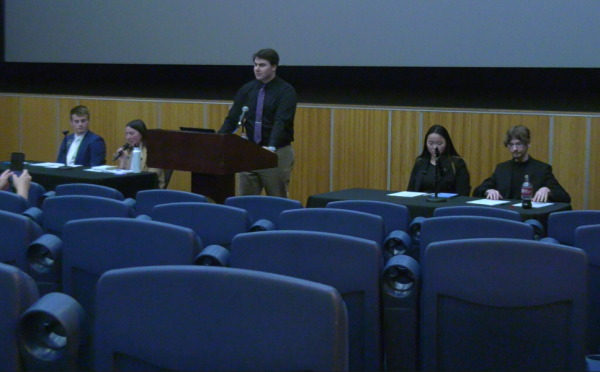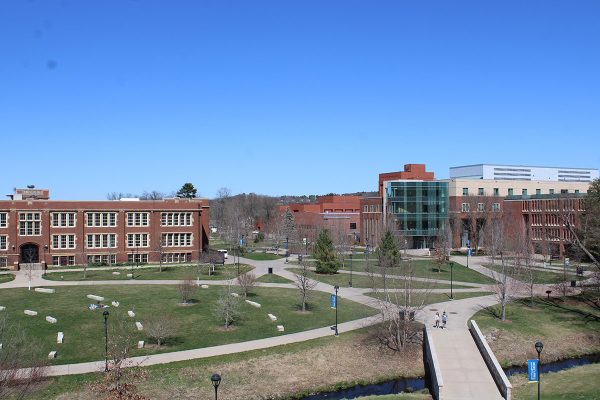One hundred reasons to celebrate: Week 11
Sociology looks at relationships between people. Shown here are students celebrating during homecoming week in 1976.
November 14, 2016
Each week The Spectator will showcase organizations, departments, majors or other aspects of UW-Eau Claire as a part of the centennial celebrations event known as “100 Reasons to Celebrate.”
#38 – Education Studies
According to an article on the Eau Claire website, an alum of the School of Education won the 2015 Outstanding Earth Science Teacher award. Other alumni are teaching in the Chippewa Falls area while some are putting their degrees to use in states like Texas and California.
Students in the Education department can choose between two different majors and minors: elementary or secondary education. Elementary education focuses on middle childhood to early adolescent students while secondary education is broken down into grades 5-12 or K-12.
There are eight student organizations specifically for education majors/minors. The Future Teachers Club states it gives its members information and practice as well volunteer opportunities. The club also brings in guest speakers and has social gatherings.
Education students are required to take the edTPA, a performance assessment, during their final “school-based” experience. Faculty and staff in the program are dedicated to helping their students prepare for this test and students also take a class focused on the assessment.

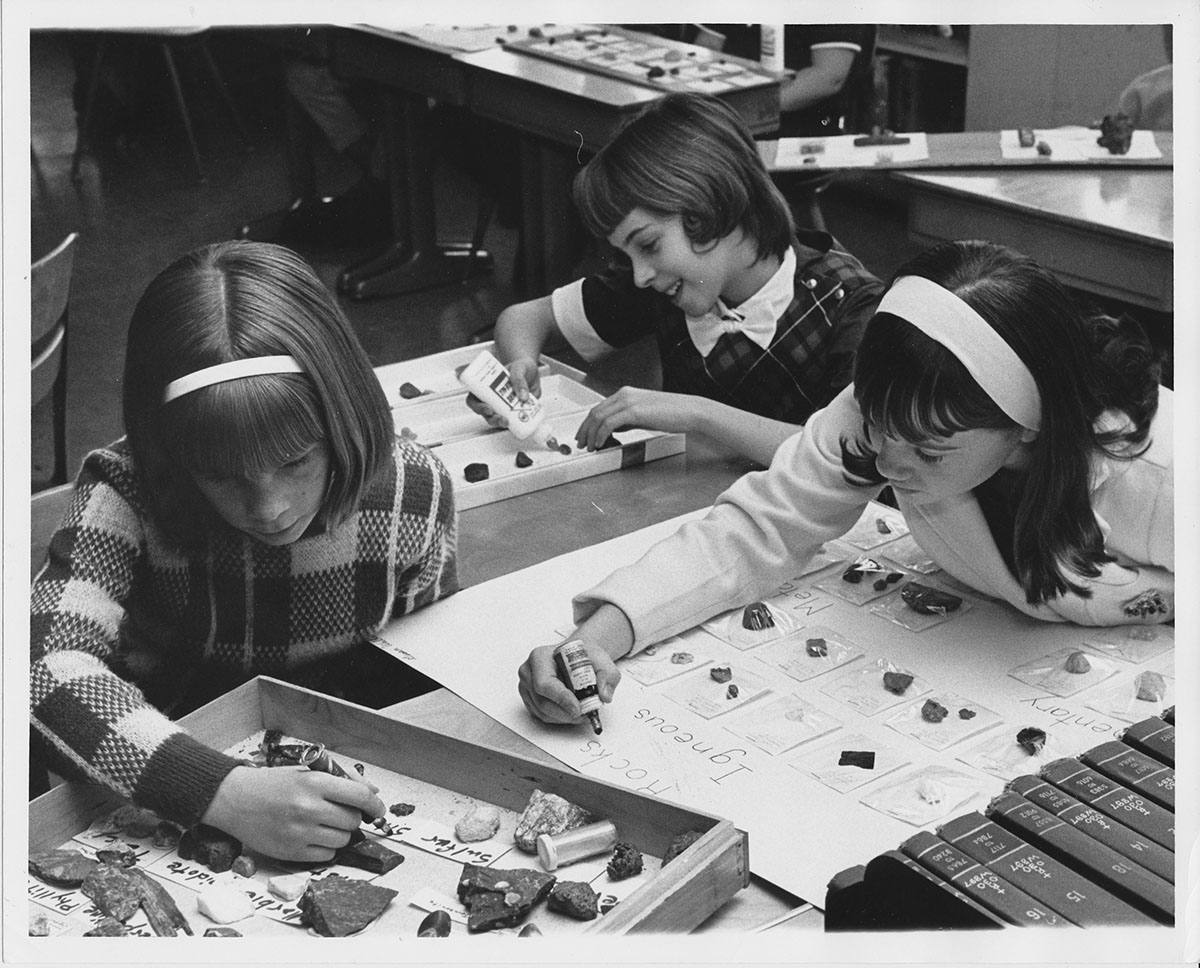
#39 – Geography and Anthropology
With more than 15 courses that have a field or outdoor component, the Geography and Anthropology department is great for those who love to get outside.
Two new geography majors are being offered this year – Transnational Geography and geospatial analysis and technology.
The Eau Claire Geography webpage lists some of the careers alumni have gone on to have; it has links for students so they can find job postings and professional associations. They can also view sample resumes and get in touch with alumni to help them take a step toward their futures.
According to a video on the Eau Claire webpage featuring Geography and Anthropology Chair, Paul Kaldjian, PhD., there are three different types of geography. The first is human geography, which Kaldjian says focuses on cultural patterns. The second is physical geography which looks at environmental patterns. Lastly, he says the department offers a whole different set of tools and skills through the geospatial analysis and technologies.
It’s Geography Week on campus and celebratory events will be sprinkled throughout the week. Wednesday from 11 a.m.-2 p.m. is the squirrel and vegetarian stew feed in Phillips. Stew is available for a donation to the Geography and Anthropology Club.
Thursday, from 4-5 p.m., an Eau Claire alumnus named Tunga Chuluunbaatar will come to campus to talk about participatory mapping.
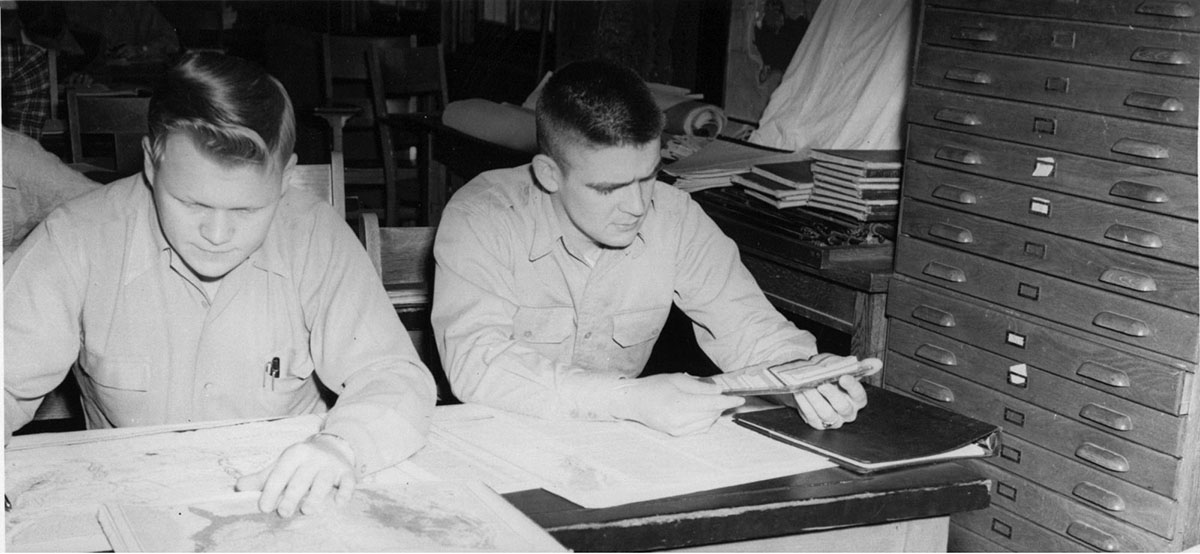
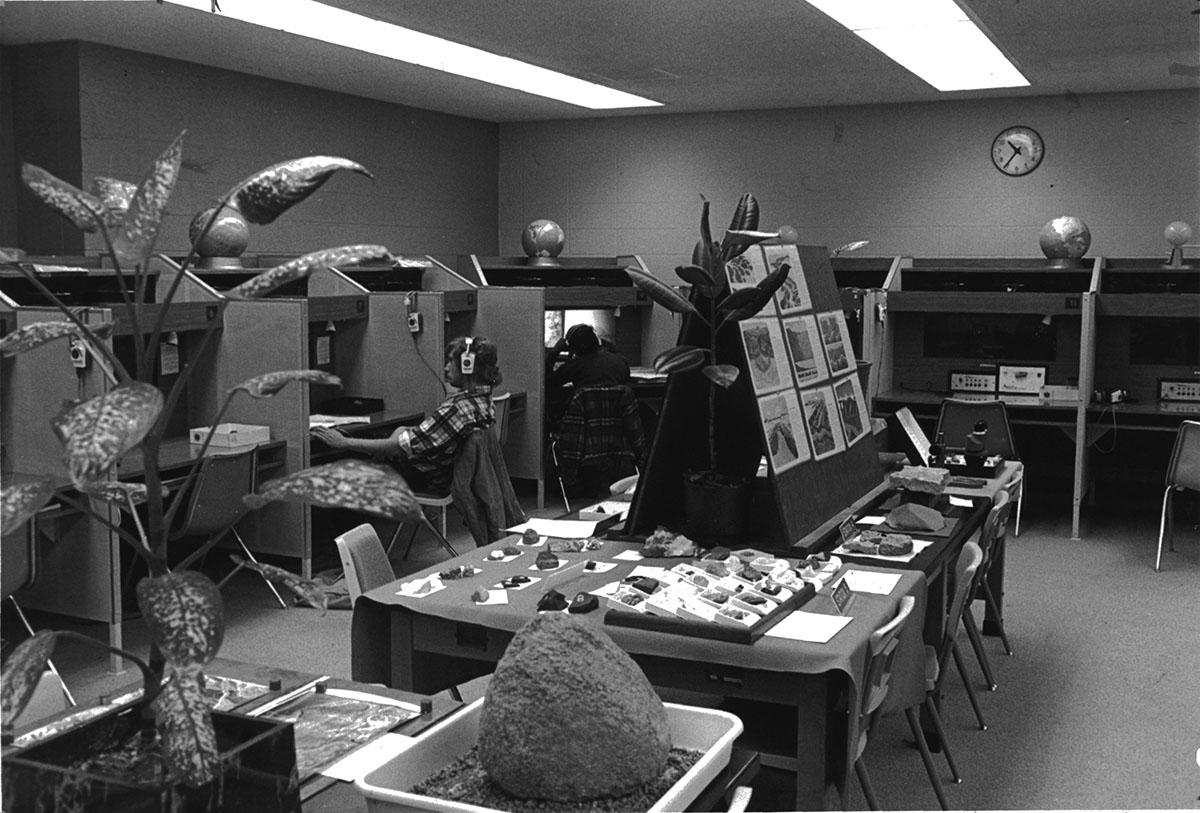
#40 – Philosophy and Religious Studies
Two professors in the Philosophy and Religious Studies department have recently published books. Professor Steven Fink’s book is entitled “Dribbling for Dawah: Sports Among Muslim Americans,” and Professor Charlene Burns’ is “Christian Understandings of Evil: The Historical Trajectory.”
According to the Philosophy and Anthropology website, the two subjects are important for different reasons. The philosophy side presents the “critical study of alternative perspectives” where students learn about the “nature of reality, foundations of knowledge and justification of values.”
Religious studies focuses on “the genesis and interpretation of religious texts,” states the article, “the formation, history, beliefs, and practices of religious communities and traditions; the role of religion in society and culture; issues in religion and science, including the psychology of religious experience; religion in literature and the arts; religious morality; philosophy of religion.”
Students within the department have several opportunities to win scholarships and other awards, ranging from the Richard DeGrood Study Abroad Scholarship to the Diane Moira Duncan Philosophy award. For more information on these and other awards, visit the Philosophy and Anthropology website.
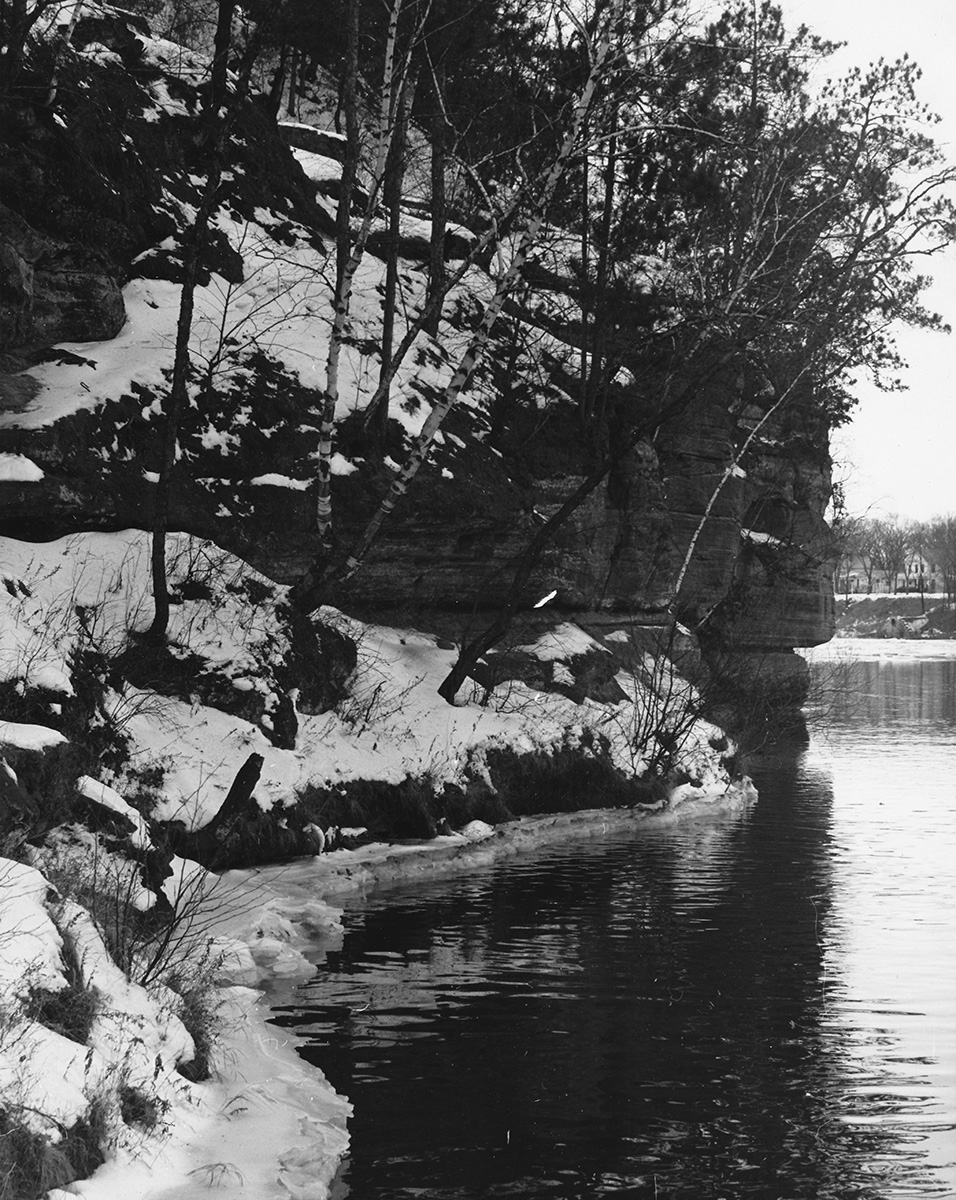
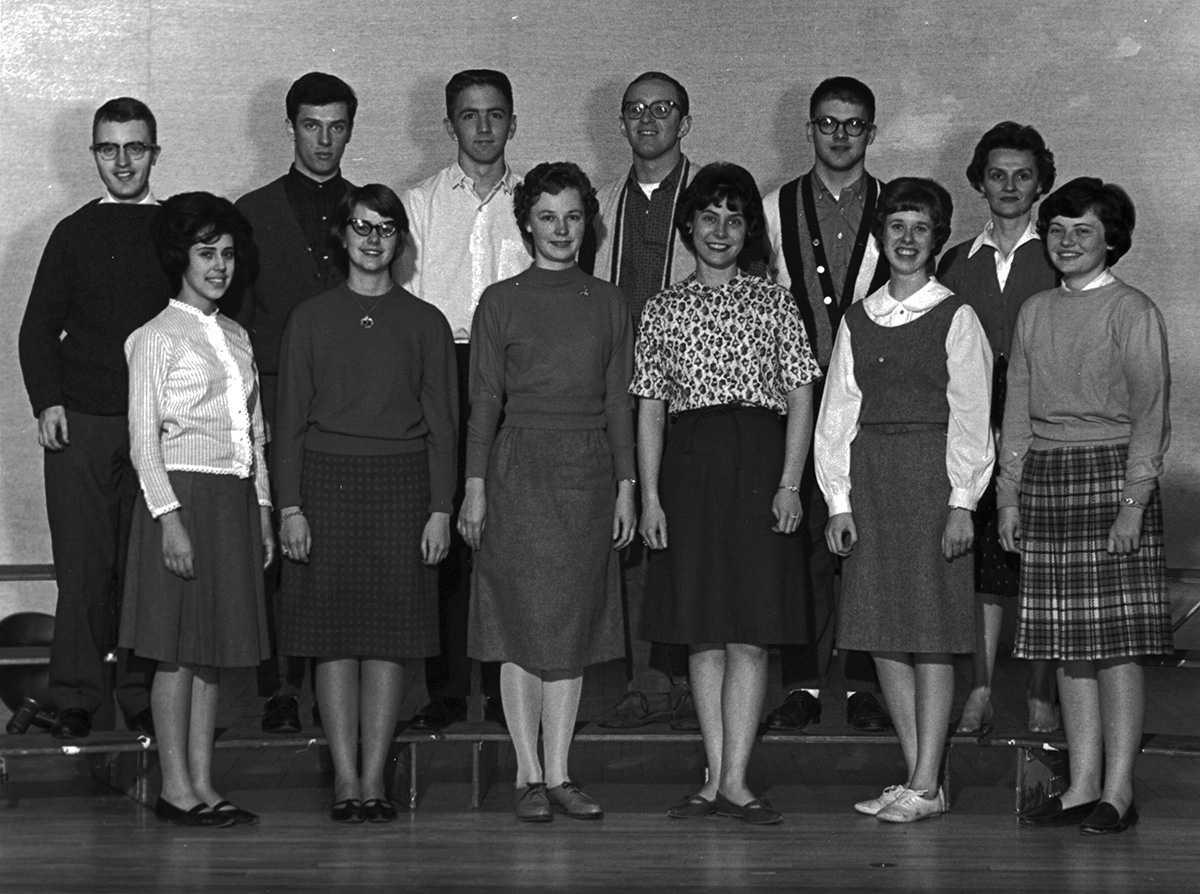
#41 – Sociology
Students can “gain a deeper understanding of the issues such as the causes and consequences of social inequality, family patterns and relationships, demographic changes, crime and delinquency and the role of race, class and gender in society,” through the study of sociology states the department webpage.
A broad range of past internships are listed on the site. Previous students have had intern experience through Volume One Magazine, the Greenpeace Organizing Team and Sentry Insurance, to name a few.
The Eau Claire branch of the international sociology honors society, Alpha Kappa Delta, will host an awards ceremony Dec. 14. Here, new members will be inducted and the group will recognize the winners of the 2016 Rowan and Blumenthal scholarships. For more information on AKD, visit the society’s website.
After eight years in the position, Professor Melissa Bonstead-Bruns stepped down from her role as department chair. Last summer, Professor Pamela J. Forman filled the position.
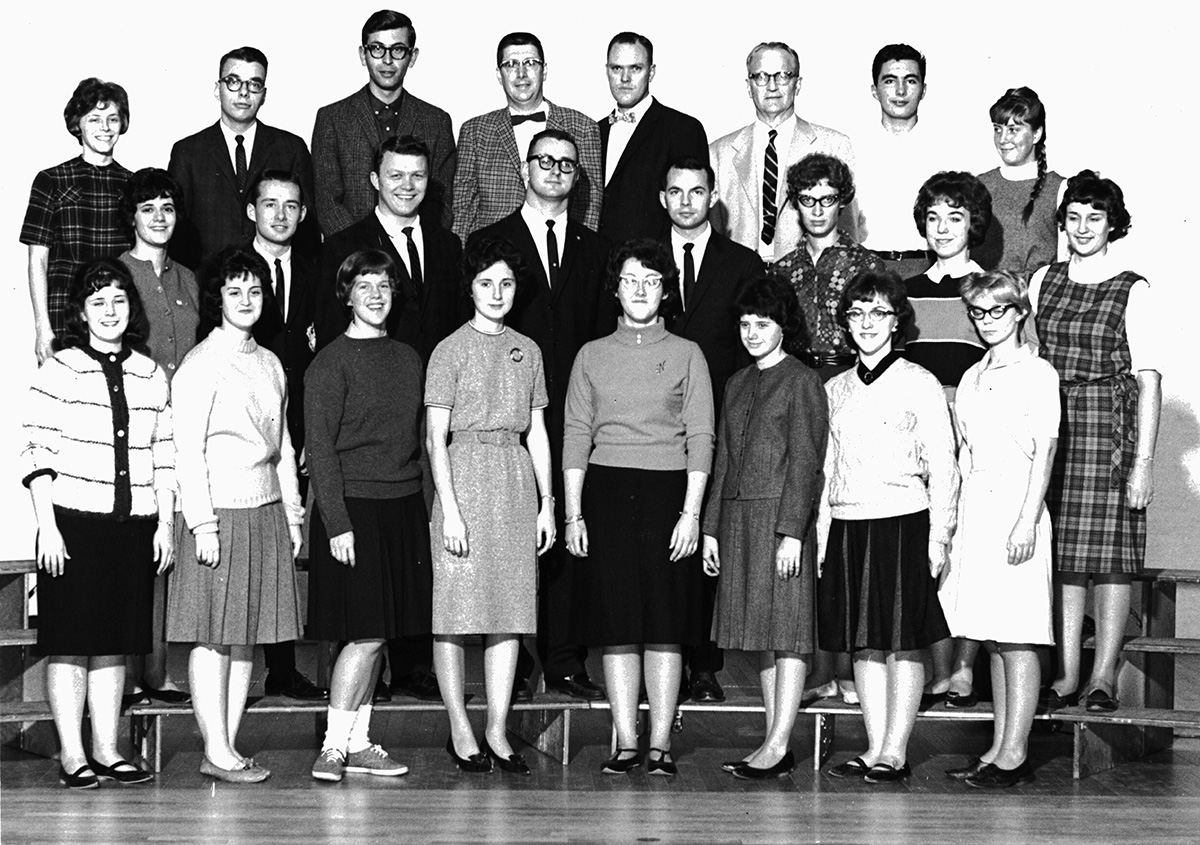
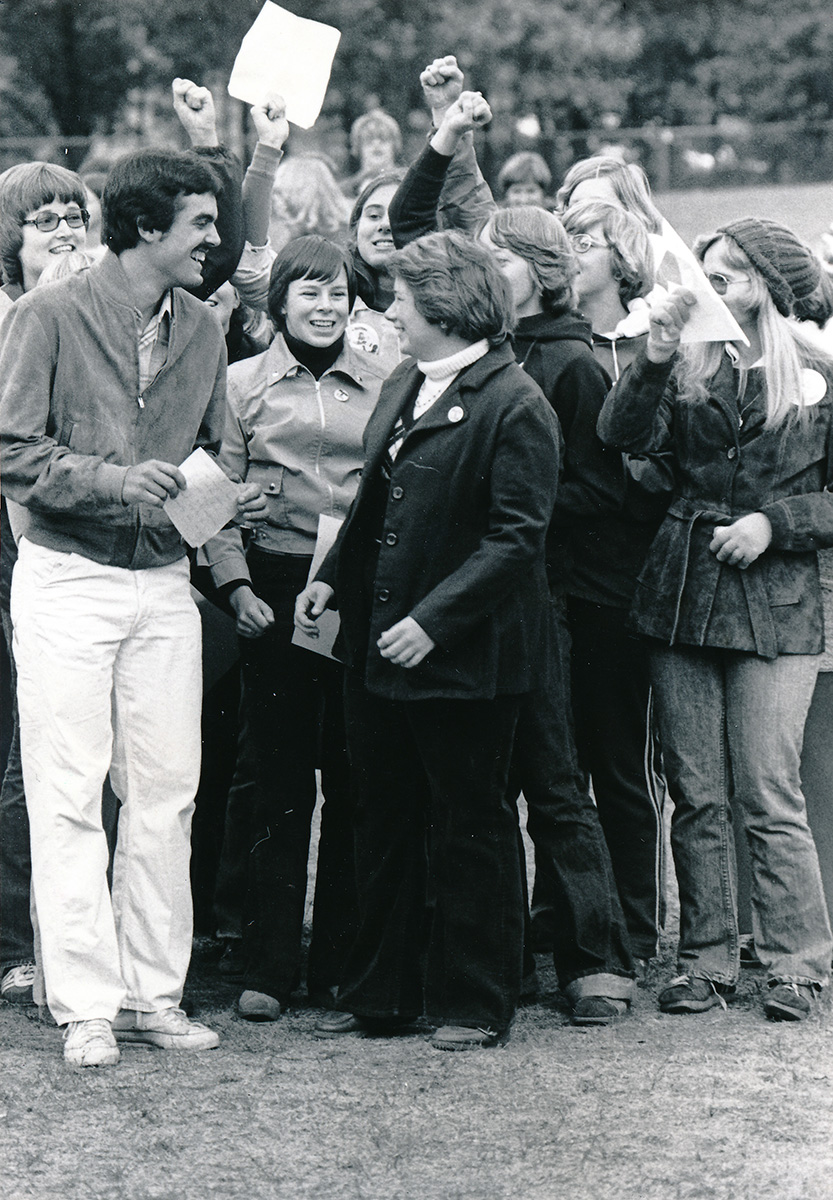
All photos courtesy of Special Collections and Archives, W.D. McIntyre Library, UW-Eau Claire.

